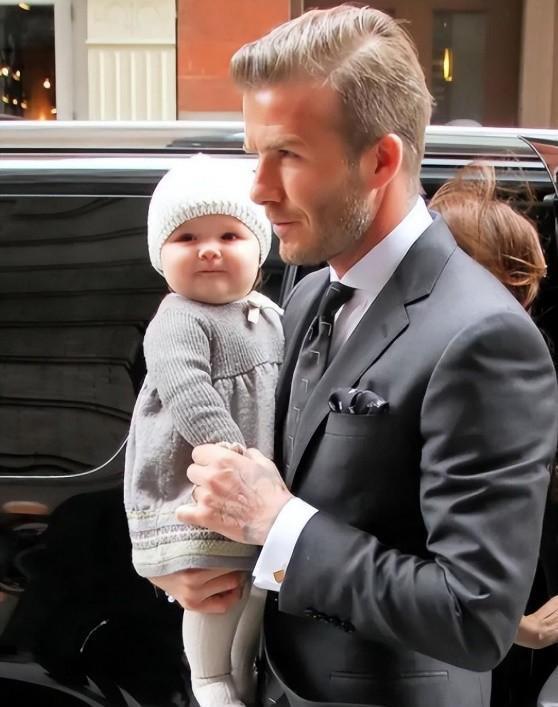Ultimate Guide to Caring for Your Hyacinth Macaw Pet
Guide or Summary:Understanding the Hyacinth Macaw PetCreating a Suitable Environment for Your Hyacinth Macaw PetFeeding Your Hyacinth Macaw PetSocialization……
Guide or Summary:
- Understanding the Hyacinth Macaw Pet
- Creating a Suitable Environment for Your Hyacinth Macaw Pet
- Feeding Your Hyacinth Macaw Pet
- Socialization and Training for Your Hyacinth Macaw Pet
- Health Care for Your Hyacinth Macaw Pet
The Hyacinth Macaw, known for its stunning blue feathers and impressive size, is one of the most sought-after exotic pets in the avian world. As a dedicated pet owner or someone considering adopting a Hyacinth Macaw pet, it's essential to understand the unique needs and characteristics of this magnificent bird. This guide will provide you with comprehensive information on caring for your Hyacinth Macaw pet, ensuring a happy and healthy life for your feathered friend.
Understanding the Hyacinth Macaw Pet
Hyacinth Macaws are the largest species of parrot, reaching lengths of up to 3.3 feet from beak to tail. Their vibrant blue plumage, complemented by bright yellow accents around the eyes and beak, makes them one of the most visually striking birds. In the wild, these birds inhabit the rainforests of South America, where they play a crucial role in seed dispersal. As pets, they require a similar environment to thrive, including plenty of space, social interaction, and mental stimulation.
Creating a Suitable Environment for Your Hyacinth Macaw Pet
One of the first steps in caring for a Hyacinth Macaw pet is to provide an appropriate living environment. These birds need a spacious cage that allows them to move around freely and stretch their wings. A cage measuring at least 5 feet tall, 4 feet wide, and 3 feet deep is recommended. Ensure the cage has horizontal bars for climbing and plenty of perches at various heights.

In addition to a spacious cage, your Hyacinth Macaw pet will benefit from a safe and stimulating environment outside the cage. Create a designated play area with toys, climbing structures, and foraging opportunities to keep your bird engaged and active. Regular interaction with their human companions is crucial, as Hyacinth Macaws are highly social creatures that thrive on companionship.
Feeding Your Hyacinth Macaw Pet
A balanced diet is essential for the health of your Hyacinth Macaw pet. In the wild, these birds primarily feed on nuts, seeds, fruits, and flowers. In captivity, a high-quality pellet diet should form the basis of their nutrition, supplemented with fresh fruits, vegetables, and occasional nuts. Avoid feeding your macaw avocado, chocolate, and caffeine, as these can be toxic to birds.
Ensure that fresh water is always available, and regularly clean food and water dishes to prevent bacterial growth. Offering a variety of foods will not only provide essential nutrients but also keep your Hyacinth Macaw pet mentally stimulated as they explore different tastes and textures.
Socialization and Training for Your Hyacinth Macaw Pet
Socialization is a critical aspect of raising a Hyacinth Macaw pet. These birds are known for their affectionate nature and can form strong bonds with their owners. Spend time interacting with your macaw daily, engaging in activities such as talking, playing, and training. Positive reinforcement techniques, such as treats and praise, are effective ways to encourage desired behaviors.
Training your Hyacinth Macaw pet can also help prevent behavioral issues, such as excessive screaming or biting. Teaching basic commands and tricks not only provides mental stimulation but also strengthens the bond between you and your bird.
Health Care for Your Hyacinth Macaw Pet
Regular veterinary check-ups are essential for maintaining the health of your Hyacinth Macaw pet. Find an avian veterinarian who can provide specialized care, including routine health assessments, vaccinations, and treatments for common avian diseases.
Be observant of your bird’s behavior and appearance, as changes can indicate health issues. Signs of illness may include changes in appetite, lethargy, or abnormal droppings. Early detection and treatment are crucial for a positive outcome.
In conclusion, owning a Hyacinth Macaw pet can be a rewarding experience filled with joy and companionship. By understanding their needs and providing a loving, stimulating environment, you can ensure that your macaw thrives and becomes a cherished member of your family.